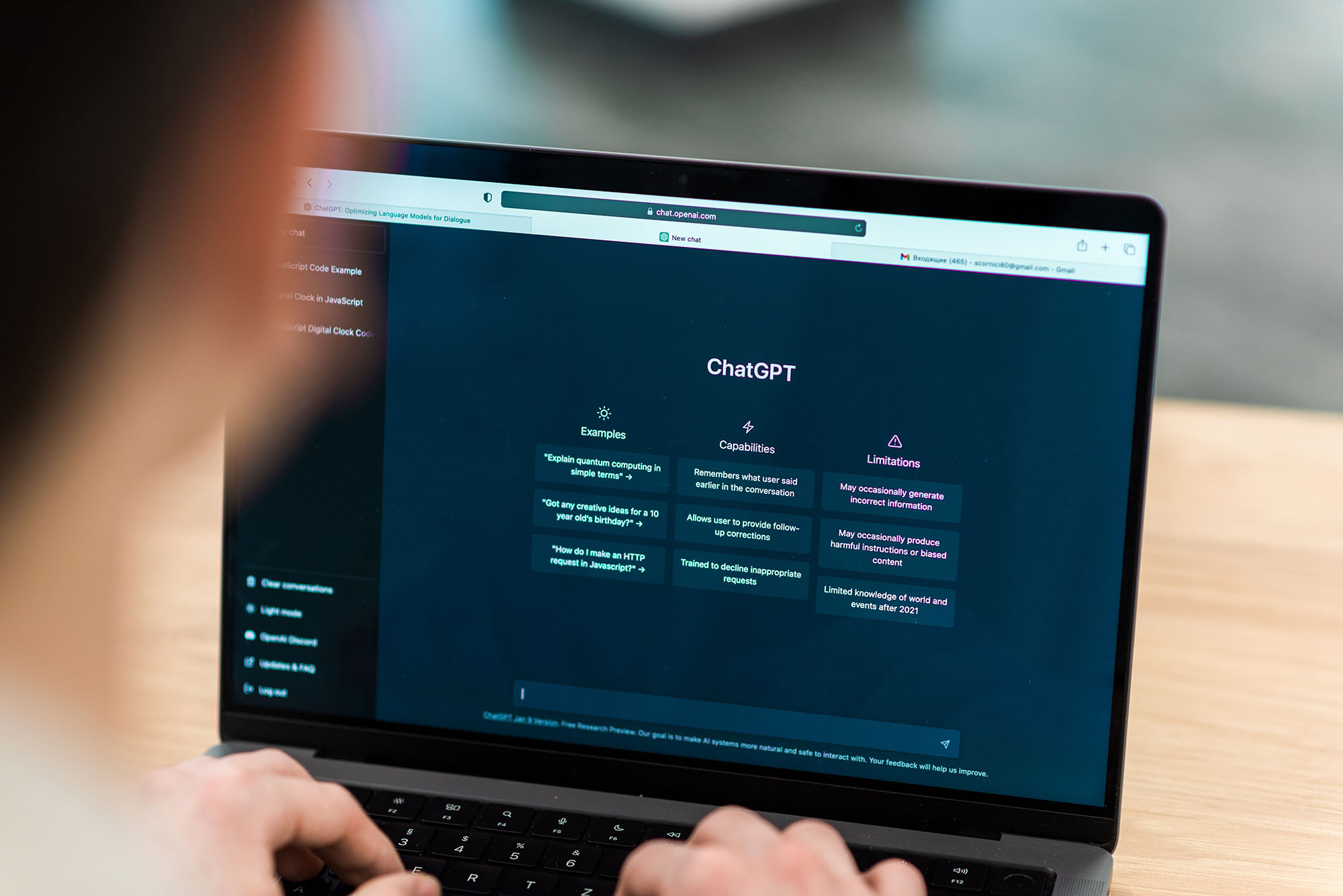Artificial Intelligence (AI) has the potential to dramatically change the way we learn, and The Straits Times ran a feature recently exploring how schools and online learning platforms are leveraging AI to help students learn more effectively in English, Mathematics and Science.

How about Chinese?
We have been utilising AI to teach Chinese for over 5 years, and unlike most online platforms, we are focused solely on Chinese. Read on to find out why this is so important.
In this post, we delve into:
a) The benefits of using AI to teach Chinese
b) The unique challenges that AI faces specifically for Chinese
c) How VocabKing overcomes these challenges
For new readers, VocabKing is an AI-powered online learning portal featured on Channel News Asia that has helped thousands of students excel at Chinese. We use AI to create a Personalised Excellence Plan that helps your child improve quickly through speaking & reading practices.
The Main Reason Children Struggle At Chinese
Learning Chinese has been a struggle even when we parents were in school. But it has only gotten worse as hardly anyone speaks Chinese at home these days.
In 2000, a mere 1 in 3 children spoke mainly English at home vs in 2023, nearly 4 in 5 children speak English most frequently. This lack of a Chinese home environment, combined with the inherent complexity of Mandarin, often results in children hesitating to speak or read Chinese.

This is why Chinese teachers will constantly harp on the importance of getting parents to speak more Chinese to their kids during every parent-teacher meeting. While this is ideal, we also realise this isn’t feasible for many families for the following reasons:
- Most children refuse to reply to their parents when spoken to in Chinese
- Most parents aren’t confident in engaging and correcting their children in Chinese, especially on complex topics
- Time is limited, and many parents would rather spend it on parent-child bonding
Yet this only means that kids will continue to struggle and potentially hate Chinese.
AI -Your Personal Language Tutor
But what if every child who doesn’t have a Chinese-speaking home environment suddenly has their own personal AI language tutor that is available 24/7, 365 days a year? Imagine how much faster they would improve.
That’s our vision for VocabKing: to leverage AI to provide every child with a dedicated AI Chinese tutor that helps students become confident speakers and independent readers.
Imagine if your child could practise speaking with VocabKing about topics they are interested in (including common PSLE Oral topics like Environment or Road Safety, etc). Or practise reading aloud, and have VocabKing gently flag pronunciation mistakes for improvements.
Imagine if your child doesn’t have to feel demotivated whenever they are stuck on a question, because VocabKing can explain the problem to them, just like how a human teacher would.
Imagine if your child could read Chinese books that are actually tailored to his or her standard, so they don’t get demoralised by a wall of unknown words.
Two Unique Challenges Faced by AI in Learning Chinese
Earlier, we mentioned that one of our advantages vs other AI learning platforms is that we are solely focused on Chinese. This is important because Chinese has many unique challenges.
Firstly, it’s much harder to implement speech related AI for Chinese since it’s a tonal language. A single sound refers to different characters: xiàng can mean “to resemble” (像), “elephant” (象) or “towards” (向). This means minor variations in tone refers to completely different words, a problem for second language learners who often have imperfect pronunciation. All of the above dramatically adds complexity for a Chinese AI compared to English.
Secondly, the typical recommendation approach that most platforms use for Math or Science doesn’t work well for second languages. The usual approach is to categorise questions into topics or skills of varying difficulty – e.g. “2+ 4” under Addition (I), “10 + 12” under Addition (II).
When a child gets enough addition questions correct, he or she moves on to the next level or is recommended other skills to practise; while students who struggle are tested questions of the same or lower difficulty until they improve. This approach is much less effective for second languages because the main reason a child gets a question wrong isn’t due to problems with a particular skill, but individual words within a sentence that he or she can’t read.
How Vocabking Uses AI To Help Your Child?
Because of the unique challenges of Chinese, online learning platforms that provide multiple subjects usually focus on general algorithms that work across a broad base of subjects.
However, as a Chinese specialist, we build AI tools that are customised for learning Chinese in order to make learning efficient. Our AI tools fall into three main buckets:
1. SpeechAI to Ace Oral
The biggest problem students face with oral is lack of practice. School oral assignments are infrequent and can take weeks to be graded, and many parents end up spending the last two weeks before the oral exam cramming. This is both ineffective and stressful.
What if your child practised speaking daily?
VocabKing’s SpeechAI is a revolutionary tool that is transforming the way students prepare for oral exams. Using SpeechAI, students can practise reading textbook sentences, passages and free response (会话) templates, and get immediate feedback on pronunciation, fluency and overall speaking skills. At the same time, words that your child is struggling with are automatically flagged for revision, creating a positive feedback loop.
In particular, our PSLE students found our free response templates to be extremely useful as that is the hardest section, and used the following template in this year’s exam on Cleanliness.

2. Instant Explanations to Correct Misconceptions
VocabKing leverages ChatGPT to provide personalised, teacher-like feedback on mistakes to help your child correct misconceptions and master key concepts.
When a child gets a question wrong, VocabKing analyzes the error and provides targeted feedback that explains why the answer is incorrect. Explanations are also purposely provided in English to help students understand faster.
Just like a human teacher, ChatGPT helps identify the specific areas where a child may have made mistakes, such as confusing similar words or misunderstanding the sentence. This allows a child to understand and learn from the mistake without feeling frustrated, all without requiring parents to constantly step in.
3. Personalised Recommendations to Learn Smarter, Do Better
VocabKing helps your child learn smarter and do better by identifying the areas your child needs to focus on.
Unlike standard recommendation methods that don’t work well for Chinese, VocabKing uses a proprietary Word Model that tracks exactly how well your child recognises, understands and applies individual words as your child reads a passage or plays a vocab game.
By combining that with vocab frequency analysis of 300+ top school exam papers, VocabKing recommends suitable questions and reading materials to reinforce strengths and address weaknesses. This personalised approach ensures that your child is both prepping optimally for exams and also progressing at his or her own pace.
Summary
Through AI, VocabKing Chinese helps your child improve much faster through personalised speaking & reading practices. 80% of students who use VocabKing regularly see improvement in just two weeks!
So if your child is struggling with Chinese, contact us now to do a 7-day free trial and transform your child’s Chinese today!







